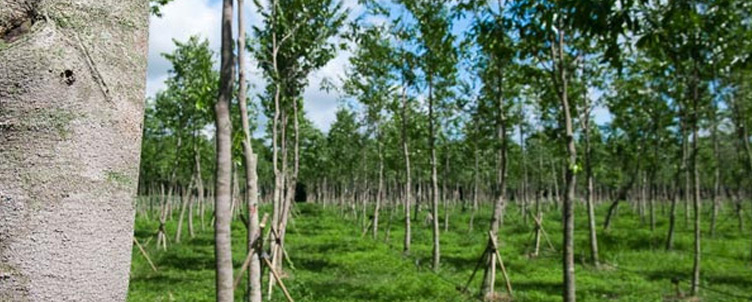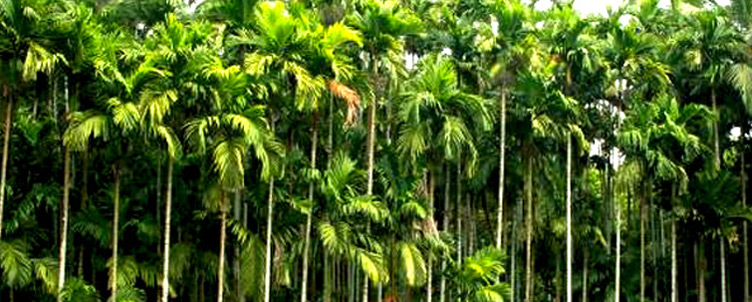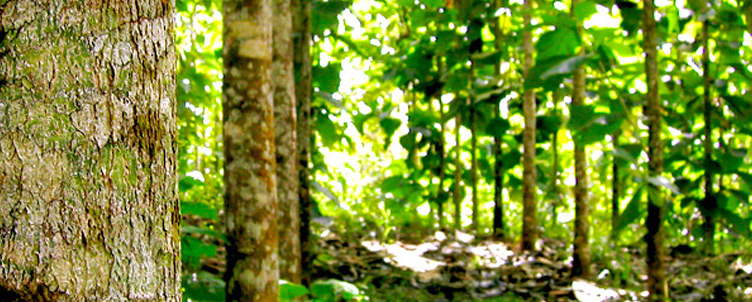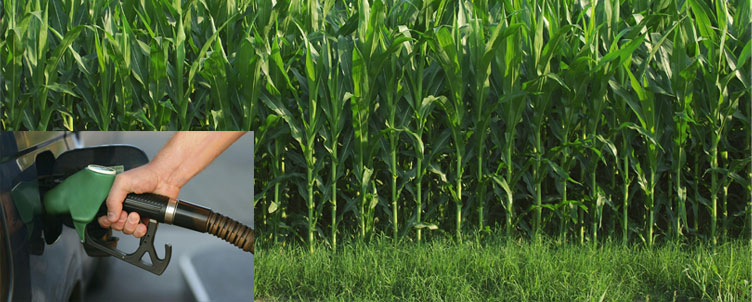Agarwood Plantation

Agarwood, also known as oud, oodh or agar, is a dark resinous heartwood that forms in Aquilaria and Gyrinops trees when they become infected with a type of mould.
It grows at elevations from a few meters above sea level to about 1000 meters, with approx. 500 meters being most ideal. Aquilaria can grow on a wide range of soils, including poor sandy soil. Seedlings require a great deal of shade and water but will grow rapidly, producing flowers and seeds as early as four years old. At least fifteen species of Aquilaria are known to produce the much sought-after agarwood.
The value of first-grade Agarwood is extremely high. A wide array of products of different grades is available on the market, varying with geographical location and cultural deposition.
Arecanut Plantation

Areca catechu is a species of palm which grows in much of the tropical Pacific, Asia, and parts of east Africa. It is a medium-sized and palm tree, growing straight to 20 m tall, with a trunk 10–15 cm in diameter. The leaves are 1.5–2 m long, pinnate, with numerous, crowded leaflets. It is also known as “puwak” in sinhala.
In Sri Lanka, Arecanut is mainly cultivated in low and Mid Country wet and intermediate agro-climatic zones. However a small acreage of areca palms can be seen in the dry zone too especially near large water lakes and along waterways. Total extent of Areca nut in Sri Lanka is estimated to be about 11968Ha. Matale, Kandy, Kegalle, Badulla, Ratnapura, Monaragala and Kurunegala are the major Districts from where arecanuts are supplied to the local market.
Teak Plantation

Plantation teak is a tropical hardwood tree from the genus Tectona, endemic to Southeast Asia that is exclusively planted for the purpose of forestry management, for either commercial or ecological purposes.
Given the proper conditions, teak can be grown without artificial fertilizers or irrigation; this is thought to give plantation teak the look and durability of old-growth teak. Plantation timber also offers the benefit of reduced shipping costs and emissions. Since teak can be grown throughout the country’s dry-tropical zones, plantations offer a geographically closer source of teak.
Thanks to its fast growth and not being particularly subjected to diseases and parasites. Teak today is one of the preferred trees to be grown in plantations. The world demand for tropical timber in spite the cultivation of large areas remains largely unsatisfied.
Source: Wikipedia / GreenTeak
Sugar Plantation

More Info >
Tea Plantation

More Info >
Rubber Plantation

More Info >
Coconut Plantation
More Info >
